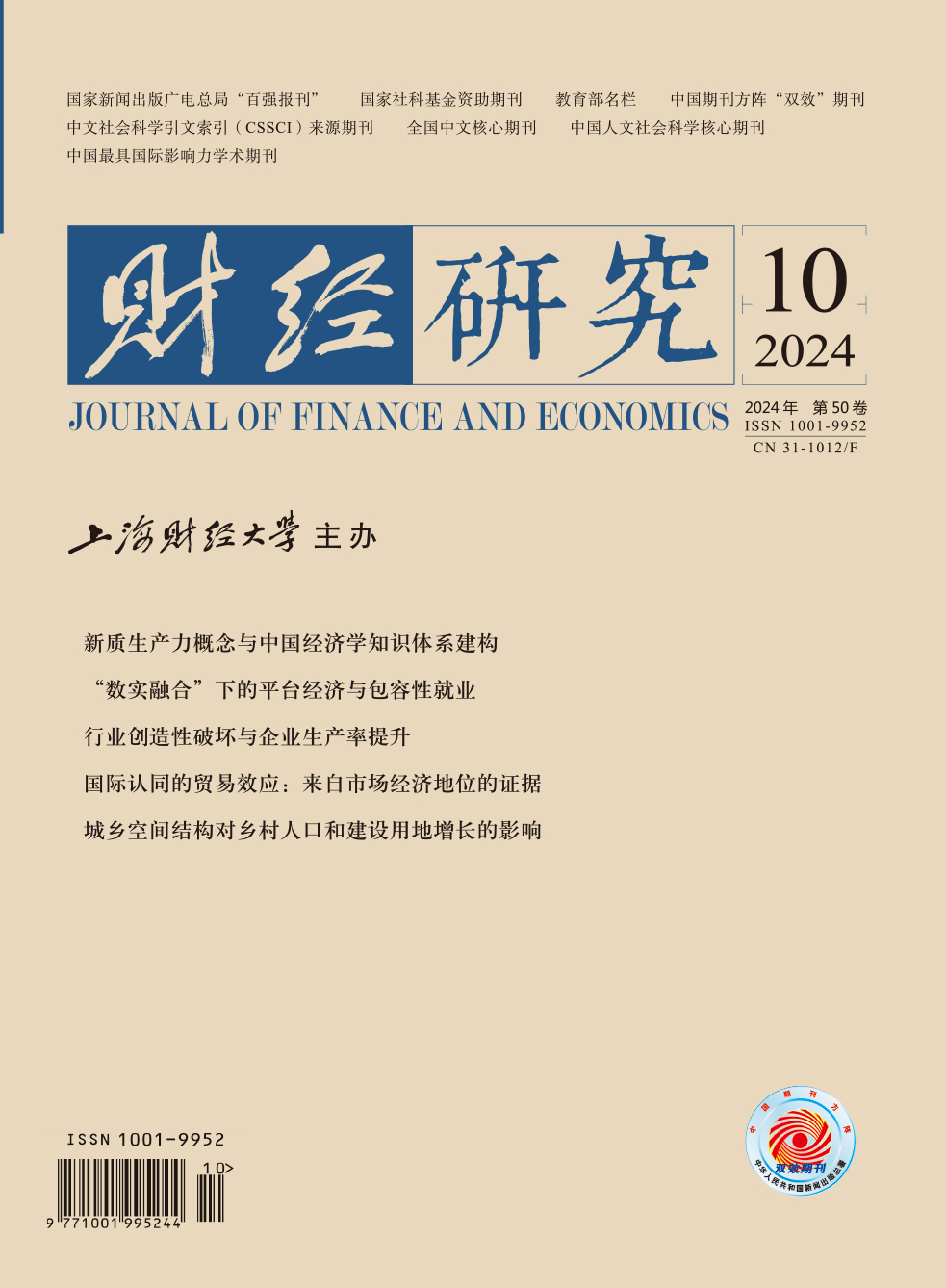New quality productive forces (NQPFs) are a new concept and category distilled from the practice of promoting the high-quality economic development in China’s entry into a new development stage. Although the academic community has seen a large number of studies on NQPFs, there is little literature from the perspective of the history of economic thought, let alone exploring the important role of the concept of NQPFs in constructing an independent economic knowledge system in China.
Based on the analysis of theoretical origins, breakthroughs in content, and terminological revolution of NQPFs, this paper finds that NQPFs and related theories, although still in the process of development and improvement, can provide assistance to the construction of an independent economic knowledge system in China in multiple aspects. Firstly, the proposal of NQPFs provides a paradigm for refining identifying concepts in academia, enhancing the quantity and quality of economic concepts in China. Secondly, the theory of NQPFs provides a theoretical basis for other theoretical innovation, while NQPFs and their conceptual system provide conceptual support for theoretical innovation and point out new research directions. Thirdly, as another terminological revolution, NQPFs provide useful guidance for better integrating academic resources from ancient and modern times, both at home and abroad, to construct an independent economic knowledge system in China.
The academic value of this paper lies in three aspects: Firstly, it systematically examines the theoretical origins of the concept of NQPFs from the perspective of the history of economic thought, and analyzes its breakthroughs in content from the development of the existing concepts and constituent elements of productive forces. Secondly, it comprehensively discusses the concept, form, and characteristics of terminological revolution, and argues that the proposal of NQPFs is another terminological revolution of Marxist political economy in China. Thirdly, it deeply analyzes how the proposal of NQPFs helps promote the construction of an independent economic knowledge system in China.





 4348
4348  9133
9133

